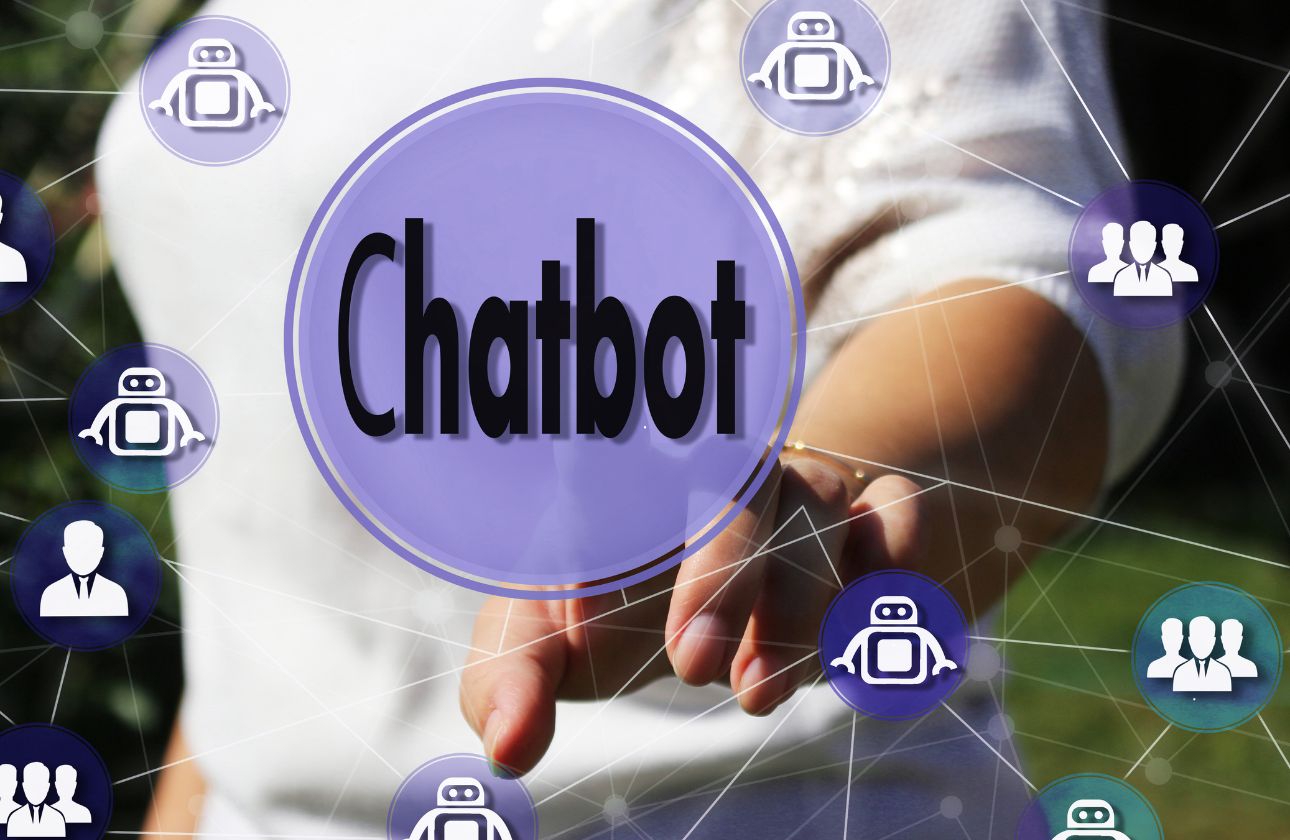The Rise of AI Chatbots
Artificial Intelligence (AI) has rapidly become a cornerstone of modern technology, and at the heart of this evolution lies the AI chatbot. These intelligent virtual assistants have not only simplified communication but have also become integral to various industries, bridging gaps between businesses and their customers. Let’s explore how AI chatbots are shaping the future of interaction.
Understanding AI Chatbots
AI chatbots are software applications powered by artificial intelligence, enabling them to simulate conversations with users. Unlike traditional scripted bots, AI chatbots leverage technologies like machine learning (ML) and natural language processing (NLP) to understand context, respond intelligently, and learn from interactions. This adaptability makes them indispensable in today’s digital landscape.
Why AI Chatbots Are Game-Changers
Seamless User Experience AI chatbots provide instant, accurate, and context-aware responses, ensuring that users have a smooth and engaging interaction.
Cost Efficiency Businesses save significant resources by deploying chatbots to manage repetitive tasks, reducing the need for large customer support teams.
Round-the-Clock Support Unlike human agents, AI chatbots can operate 24/7, ensuring that users receive assistance anytime, anywhere.
Improved Decision-Making With data-driven insights from chatbot interactions, businesses can better understand customer preferences and adapt their strategies.
Key Applications of AI Chatbots
AI chatbots are transforming industries with their diverse applications, including:
Customer Support: Resolving queries, offering technical assistance, and guiding users through processes.
Sales and Marketing: Generating leads, providing product recommendations, and running personalized campaigns.
Banking and Finance: Assisting with account management, fraud detection, and financial planning.
Healthcare: Offering symptom checks, medication reminders, and appointment scheduling.
How AI Chatbots Enhance Business Efficiency
Scalability AI chatbots can handle thousands of simultaneous conversations, making them ideal for growing businesses.
Personalization Using advanced algorithms, chatbots tailor their responses to individual user needs, creating a more meaningful interaction.
Error Reduction By automating tasks prone to human error, chatbots ensure higher accuracy and consistency in responses.
The Future of AI Chatbots
The capabilities of AI chatbots are set to expand exponentially. Here are some advancements we can expect:
Voice-Based Interactions: Enhanced speech recognition for natural, human-like conversations.
Emotion Recognition: Bots capable of detecting emotions and responding empathetically.
Integration with IoT: Seamlessly connecting with smart devices to provide a unified user experience.
Real-Life Success Stories
E-commerce Growth with AI Chatbots Companies like Amazon and Shopify leverage AI chatbots to provide personalized shopping experiences, resulting in increased sales and customer satisfaction.
Healthcare Revolution Healthcare providers use chatbots to triage patients, schedule appointments, and provide medication reminders, ensuring timely care and reducing workload on medical staff.
Banking Made Easier Banks like Bank of America employ AI chatbots to assist customers with account inquiries, fraud alerts, and financial planning, improving accessibility and trust.
Challenges and Opportunities
While AI chatbots offer numerous benefits, they are not without challenges:
Data Privacy: Ensuring user data is secure and compliant with regulations is crucial.
Complexity in Implementation: Developing a chatbot that understands context and language nuances can be resource-intensive.
Maintaining Human Touch: Striking the right balance between automation and personalization remains a key focus area.
Despite these challenges, ongoing advancements in AI technology present vast opportunities for further innovation and adoption.
FAQs About AI Chatbots
1. What is an AI chatbot? An AI chatbot is a software application powered by artificial intelligence that simulates human-like conversations. It uses machine learning and natural language processing to understand and respond to user queries.
2. How do AI chatbots work? AI chatbots work by analyzing user input through natural language processing (NLP), interpreting the context, and providing relevant responses based on pre-trained data and algorithms.
3. What industries benefit the most from AI chatbots? Industries such as e-commerce, healthcare, finance, education, and customer support benefit significantly from AI chatbots by streamlining processes and enhancing user experiences.
4. Can AI chatbots operate in multiple languages? Yes, advanced AI chatbots are designed to support multiple languages, making them accessible to a global audience.
5. Are AI chatbots secure? Most AI chatbots are built with security measures to protect user data. However, it is essential for businesses to implement robust security protocols and comply with data privacy regulations.
6. Can AI chatbots replace human jobs? AI chatbots are designed to assist humans, not replace them. They handle repetitive tasks, allowing human employees to focus on more complex and creative activities.
7. How can I implement an AI chatbot for my business? You can implement an AI chatbot by partnering with a chatbot development service or using chatbot platforms that provide customizable solutions tailored to your business needs.
8. What is the future of AI chatbots? The future of AI chatbots includes advancements in voice interaction, emotional intelligence, and seamless integration with IoT devices, making them even more intuitive and capable.
AI chatbots are not just tools; they are transformative technologies that redefine how businesses operate and connect with their audience. By embracing AI chatbots, companies can achieve greater efficiency, offer superior customer experiences, and stay competitive in an ever-evolving market.




Comments (0)